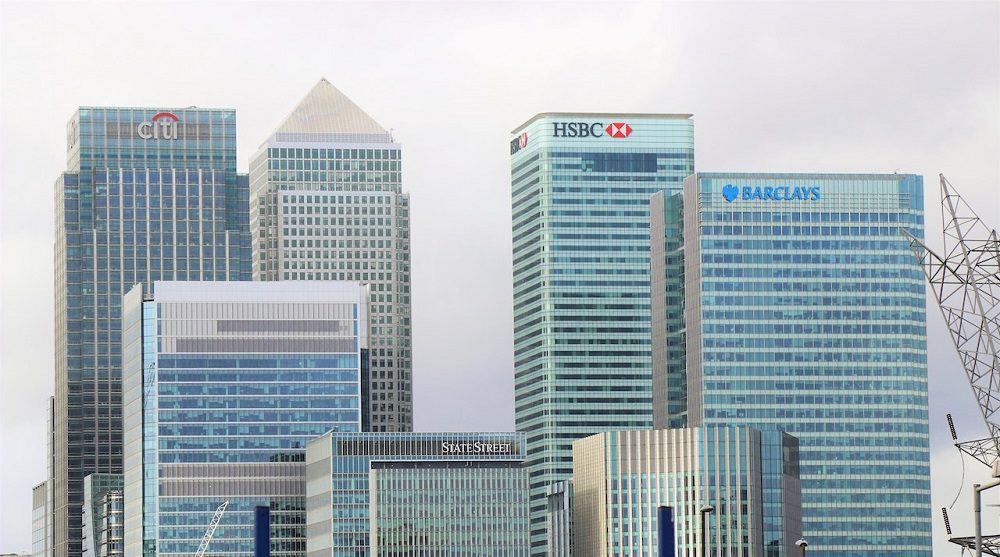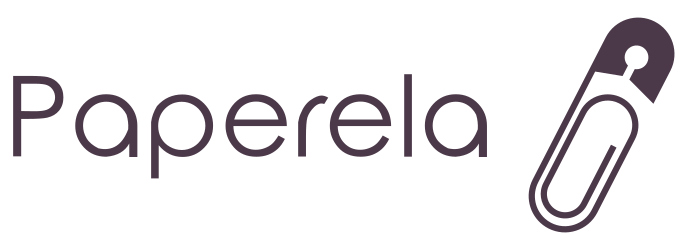
The Consequences of Living Without a Bank Account

In today’s modern world, having a bank account is considered a basic financial necessity for managing money and participating in the economy. However, a significant portion of the global population remains unbanked, meaning they do not have access to traditional banking services.
According to the World Bank, around 1.7 billion adults worldwide do not have a bank account. Living without a bank account can have far-reaching consequences on individuals and communities, impacting various aspects of their financial and daily lives. Below, we will explore the consequences of living without a bank account.
Limited Access to Financial Services
One of the most obvious consequences of not having a bank account is limited access to essential financial services. Without a bank account, individuals may find it challenging to save money securely, access credit for emergencies or investments, or even receive their wages electronically.
Traditional banking services such as check cashing and money orders can be expensive, eroding already limited financial resources.

Karolina Grabowska/ Pexels | A bank account is the foundation of financial stability and security
Higher Transaction Costs
For the unbanked, managing day-to-day financial transactions can become expensive. Cash transactions may require traveling to specific locations, paying fees to cash checks or purchase money orders, and dealing with the risk of theft or loss. This higher cost of handling money in cash can strain already tight budgets, making it difficult to break free from a cycle of financial vulnerability.
Limited Access to Credit
Access to credit is vital for individuals and businesses to invest, grow, and cope with unexpected expenses. However, without a bank account, credit options become limited. Traditional financial institutions usually require a bank account for credit eligibility. As a result, the unbanked may have to resort to high-cost borrowing alternatives, such as payday loans or predatory lending, which can lead to a debt trap.
Exclusion from the Formal Economy
Living without a bank account can lead to exclusion from the formal economy. In many cases, individuals without bank accounts cannot access certain government benefits, tax refunds, or employer-provided benefits that are typically disbursed through electronic transfers. This exclusion can perpetuate financial inequality and inhibit social mobility.

Kindel Media/ Pexels | A bank account is like a safety net
Challenges in Financial Planning
Without a bank account, it becomes harder for individuals to plan their finances effectively. Tracking expenses, setting savings goals, and monitoring income can be more cumbersome and time-consuming when relying on cash transactions alone. This lack of financial planning can hinder long-term financial stability and limit opportunities for financial growth.
Difficulties in Online Transactions
With the increasing digitization of financial services and online shopping, not having a bank account can pose significant challenges. Many e-commerce platforms and service providers require electronic payment methods, which the unbanked cannot access. This limitation can restrict their ability to participate fully in the modern economy.
Vulnerability to Theft and Loss
Storing and carrying cash can make the unbanked vulnerable to theft and loss. Losing cash means losing the entire value, whereas funds in a bank account are generally protected by deposit insurance. For those living paycheck to paycheck, a single instance of theft or loss can have severe consequences, leading to financial hardship.

Karolina Grabowska/ Pexels | The best investment you can make is in yourself
Impact on Socioeconomic Mobility
A bank account can contribute to socioeconomic mobility by enabling individuals to save, invest, and access credit for education or starting a business. Without these opportunities, the unbanked may find it harder to improve their economic situation and break free from poverty.
Limited Access to Government Support
Governments often use bank accounts to disburse various forms of social assistance, such as unemployment benefits, social security payments, and welfare benefits. Eligible individuals may struggle to access these crucial support systems without a bank account, exacerbating financial hardships.
Missed Opportunities for Building Credit
A bank account is a gateway to building a credit history, essential for obtaining loans or credit cards with favorable terms. Without a bank account, individuals miss opportunities to establish and improve their creditworthiness, making it harder to achieve financial goals.
More in Financial Planning
-
`
Creating a Seamless Marketing Campaign Across All Online Platforms | Some Effective Strategies
Maintain Visual & Tonal Consistency The aesthetic and voice of your brand serve as the cornerstone of recognition and trust. Whether...
March 16, 2024 -
`
How Effective Are Gender-Based Violence Laws?
Imagine a world where the fear of violence doesn’t cast a long shadow over everyday life, especially for women and girls....
March 4, 2024 -
`
6 Essentials of A Successful Startup
The entrepreneurial landscape is a testament to the human capacity for innovation and resilience. Navigating this terrain requires more than just...
February 26, 2024 -
`
Why Most Americans Don’t Know Their Retirement Savings – And What You Should Do About About It!
A new report from the TIAA Institute indicates that a significant portion of the population, about 1 in 4 Americans, is...
February 22, 2024 -
`
Lenny Kravitz Reveals ‘Bromance’ With Jason Momoa After Lisa Bonet Divorce
There are arguably very few stories that resonate with warmth and unity like that of Lenny Kravitz, Lisa Bonet, and Jason...
February 17, 2024 -
`
Mastering the Art of Sales: Strategies for Thriving in Any Economic Climate
In the fast-paced world of business, rumors about an impending recession can often stir anxiety among entrepreneurs. While the validity of...
February 9, 2024 -
`
6 Effective Ways to Future-Proof Your Business
Today, the concept of future-proofing your business has moved from a strategic advantage to a fundamental necessity. To future-proof means to...
February 3, 2024 -
`
Corporate Whistleblowers: Navigating the Legal Challenges
In the complex world of employment, encountering ethical dilemmas is more common than one might think. Imagine you’re working at a...
January 23, 2024 -
`
Barry Keoghan’s Triumphant Rise: From a Life-Threatening Infection During Filming to Oscar Glory
From the brink of losing his arm to the bright lights of the Oscars, Barry Keoghan’s journey is more than just...
January 21, 2024















You must be logged in to post a comment Login